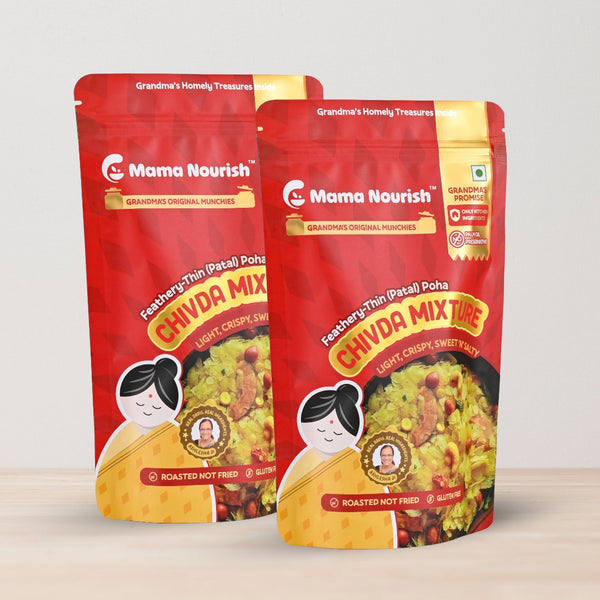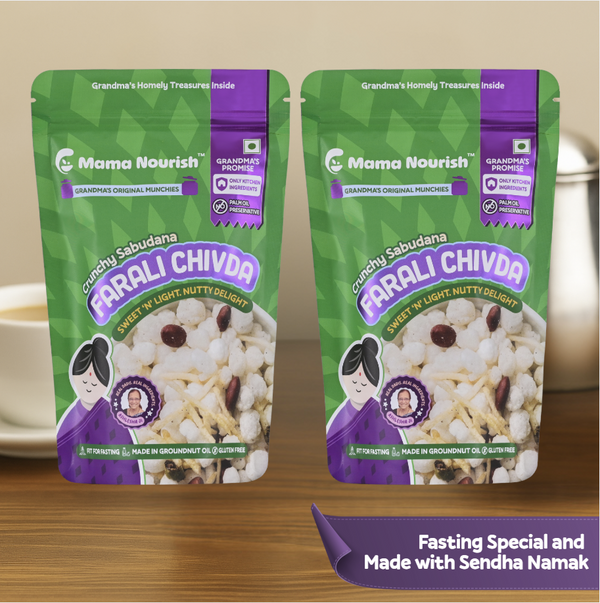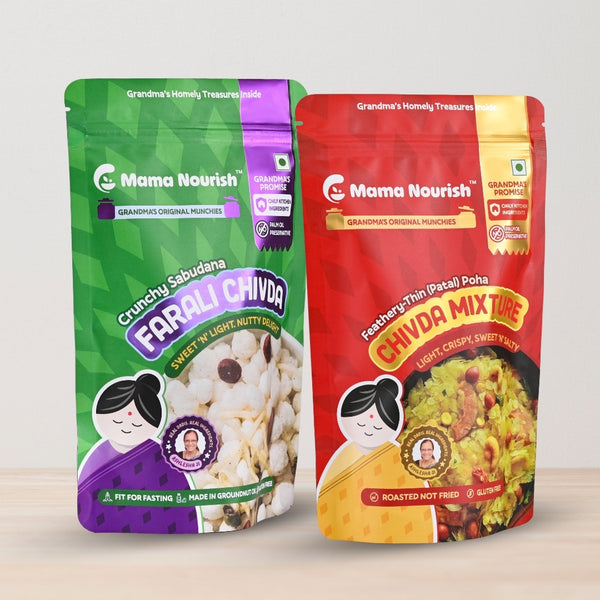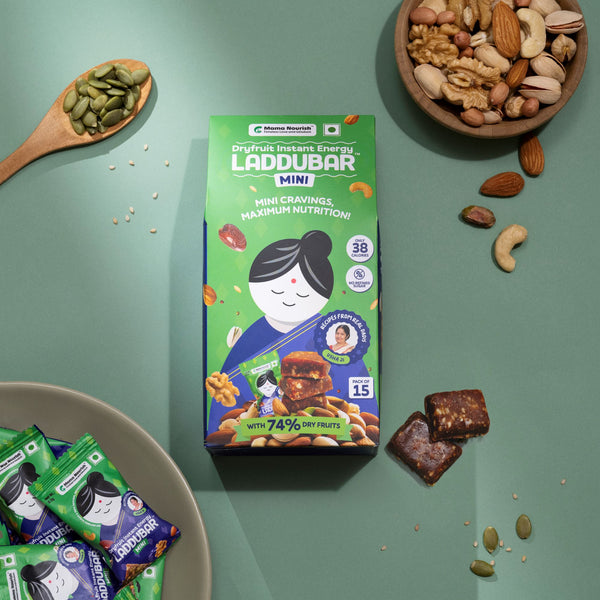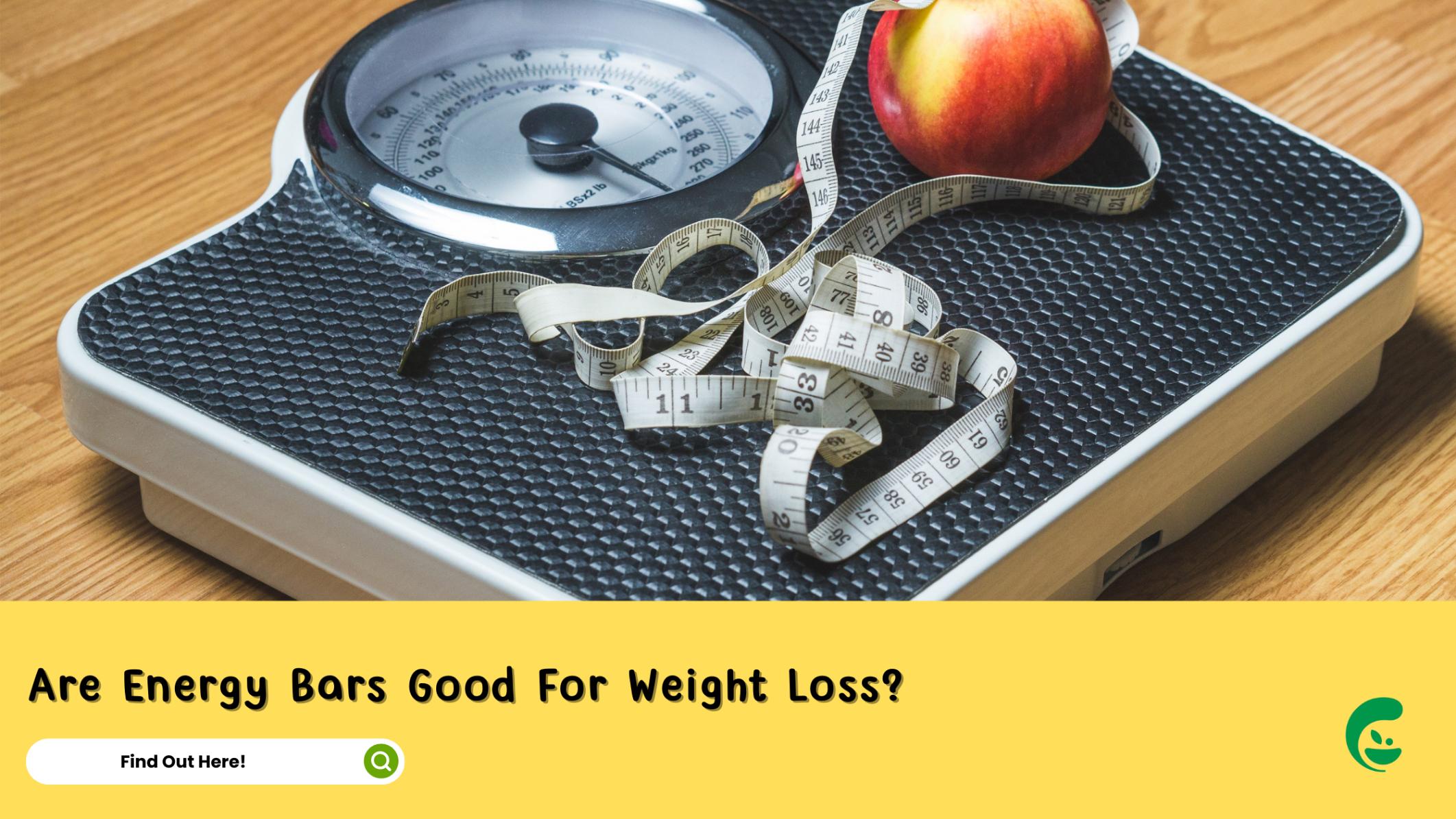
Are Energy Bars Good for Weight Loss? Find Out Here
Healthy Energy bars or snack bars are becoming increasingly popular due to their portability and convenience. They fit well into fast-paced lifestyles, making them a great addition to any pantry. However, with their rising popularity, concerns have also emerged. Many people are now wondering: Are energy bars good for weight loss?
The answer depends on many factors like the ingredients used, overall nutrition provided by energy bars and how effectively you are using them to control calorie intake.
Here are some reasons why healthy energy bars can be a good addition to your weight loss journey or a healthy Lifestyle.
1. Helps in Portion Control
The key to weight loss is portion control. Healthy energy bars or snack bars always come with the calories mentioned in the pack. This helps you to keep calorie intake in check.
On the other hand, casually grabbing some regular snacks like chips with unknown calories makes it difficult to track the calorie intake.
2. Healthy Energy bars Provide Protein, Healthy Fats and Fibre
The healthy energy bars are not just about empty calories. Rather, they come with other macronutrients like protein. Protein is essential for building and maintaining a healthy body and supporting muscles and bones.
It digests more slowly than other nutrients, which helps you feel full longer, hence preventing overeating. Your body also burns more calories digesting protein than it does with carbohydrates.
Additionally, protein is harder to convert into body fat compared to carbs or fats, so consuming extra protein generally leads to less fat storage.
Healthy unsaturated fats are good for overall well-being as they promote satiety, boost metabolism and may help in managing sugar as well.
On the other hand, fibre makes you feel full for longer, thus avoiding overeating. Fibre slows the digestive process, stabilizing blood sugar levels and preventing sharp spikes and drops. This helps reduce hunger and energy crashes that can lead to cravings.
The key is to pick nutrition bars or healthy snack options for weight loss, which are a good combination of protein, fat, fibre and other nutrients like vitamins and minerals.
3. Minimally Processed Bars Help to Avoid Ultra Processed Foods
Scientific Studies have shown that higher consumption of Ultra-processed foods has been a key driver when it comes to weight gain and obesity.
A healthy snack bar which is minimally processed helps to avoid ultra-processed foods like sweetened beverages or sweet and savoury packaged snacks, instant soup mixes etc.
To ensure minimum processing you can make nutritious bars like nuts and seeds bars at home. If you are going for store-bought ones, make sure they are minimally processed.
4. Natural Sweeteners Helps To Avoid Refined Sugar
Refined sugar provides nothing but empty calories. Studies have shown that excessive sugar intake leads to obesity. Plus, it causes a rise and crash in energy levels, promoting mindless eating.
Healthy snack bars without refined sugar help you to avoid these empty calories from sugar. If you are looking for healthy snack options for weight loss, then go for healthy snack bars or energy bars.
5. Make it Easy to Plan Your Diet
The healthy energy bars have all their nutritional facts, including calories, fibre, etc., listed on the label. This helps you to easily plan your diet but it's important to pay attention to the serving size mentioned while calculating calories.
6. Easy to Carry and Convenient Snack
The most attractive thing about healthy energy bars is the convenience they offer. You can munch them on the go, as pre or post-workout snacks or office snacks, incorporate them as a part of lunch boxes, outdoor activities, etc.
If you are taking them as a part of meal replacement it's better to pair them with fruits, yogurt, or boiled egg–depending on the nutrients and calories provided by the snack bar. The most important thing is to choose a healthy snack bar that helps you meet your diet goals.
As the market is flooded with so many bars—how to pick healthy energy bars for weight loss or nutrition bars for weight loss? Let's find out.
How to Pick A Healthy Energy Bar for Weight Loss?

Go for snack bars with Minimum familiar Natural Whole ingredients like Nuts and seeds. The nuts and seeds are a good source of quality protein. Such healthy energy bars are filling snacks and a healthy fuel up.
Avoid bars high in refined sugars or artificial sweeteners but sweetened with natural sweeteners like dates, honey, or dried fruit.
Make sure that bars have healthy fat sources like nuts, seeds, or coconut. The energy bars with unsaturated fats like MUFA and PUFA are essential for overall well-being.
Make sure that bars have enough fibre content–fibre is important for Digestion, and gut health.
Pay attention to calories and choose healthy snack options to lose weight that fit your calorie goals, whether for a snack or meal replacement.
That being said, the biggest concern of most people these days is weight gain and obesity. According to the World Obesity Federation about 3 billion people are currently living with either overweight or obesity.
What matters most is to maintain a healthy Body Mass Index or BMI.What's A Healthy BMI?
BMI is actually the measurement that uses a person's weight and height to estimate body fat and assess if they are in a healthy weight range. To find your BMI Divide weight in kilograms by your height in meters squared.
ie...BMI= weight in kg/ (height in meters)^2Or Multiply your weight in pounds by 703, then divide by your height in inches squared.
According to the World Health Organization, for adults, a BMI of greater than or equal to 25 is overweight, while obesity is when BMI is greater than or equal to 30.
Here are some tips to prevent obesity and ensure healthy eating.
Tips to Prevent Obesity
1. Add more fruit, vegetables, legumes, whole grains and nuts to your diet and bring down the calorie intake from fats and sugars. ICMR recommends choosing whole grains and millet over refined grains / ultra-processed foods for healthy eating.

2. Stay active and ensure enough physical activity—WHO recommends 60 minutes per day for children and 150 minutes per week for adults.
3. Drink plenty of water throughout the day to avoid being mistaken for hunger when you are actually thirsty.
4. limit the time spent on screens (TV, computers, smartphones) as much as possible. In fact, studies have shown that increased screen time leads to the prevalence of overweight in children.
5. Get enough quality sleep. Poor sleep can disrupt hormones that regulate hunger and appetite, increasing the risk of weight gain. According to ICMR's latest dietary guidelines, a healthy sleeping pattern (7–8 hrs/day) is recommended.
6. Engage in stress-reducing activities like meditation, yoga, or hobbies, as stress can lead to emotional eating and weight gain.
7. Plan ahead to avoid mindless eating–Prepare healthy meals and snacks in advance to avoid the temptation of unhealthy options when you're hungry.

Disclaimer: The article is provided for informational purposes only and not a substitute for medical advice from healthcare professionals.

